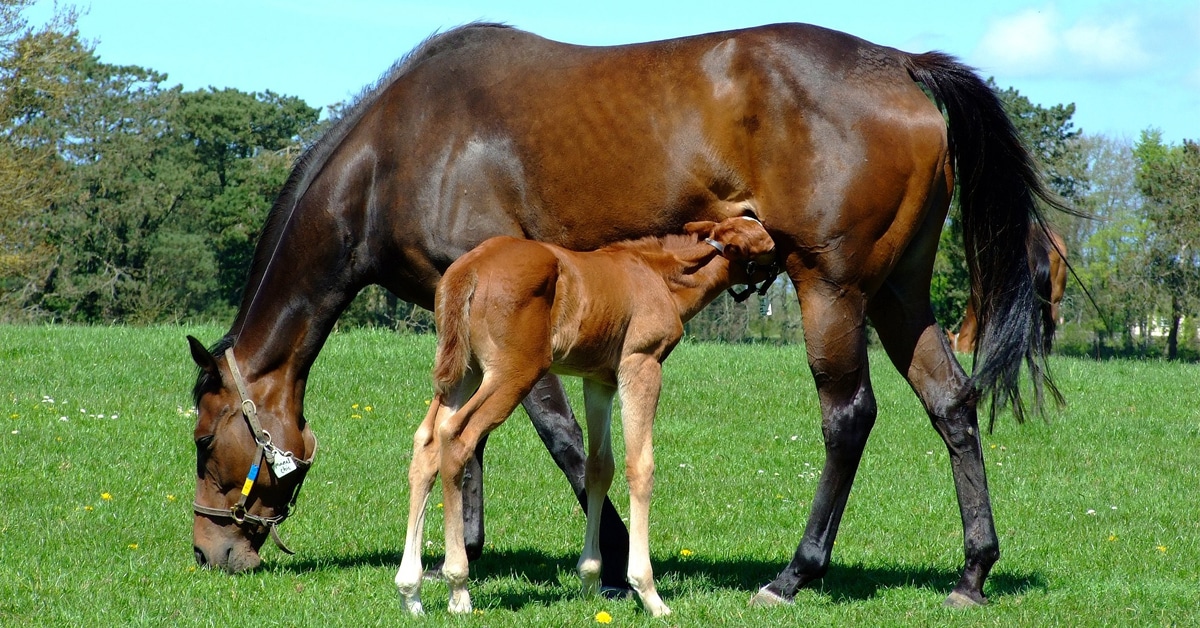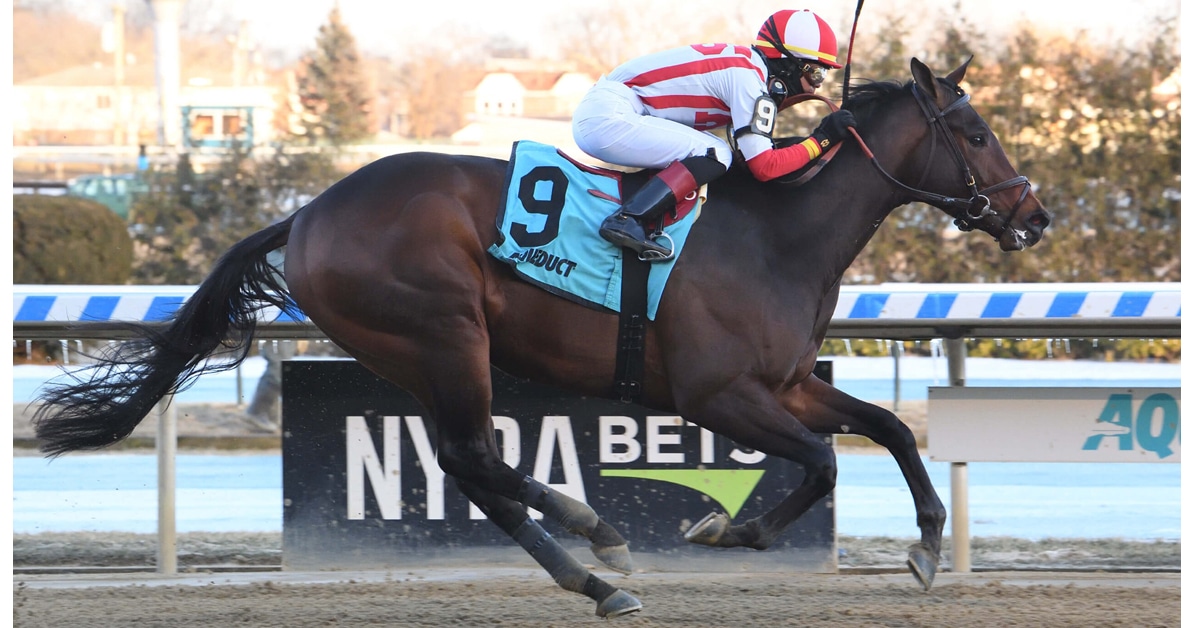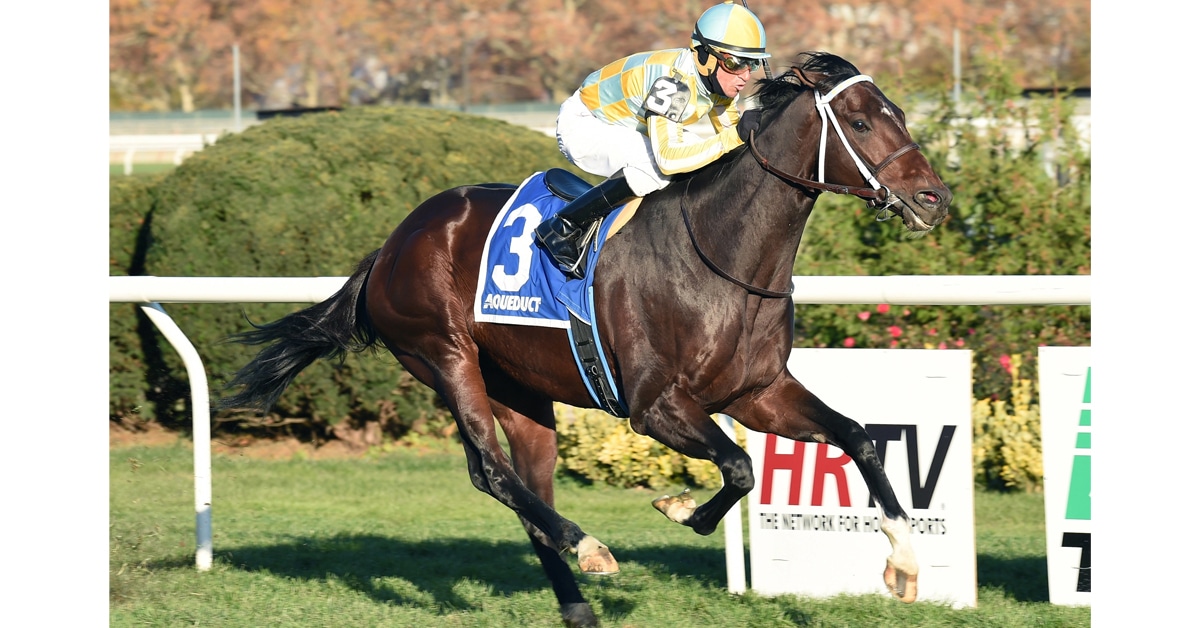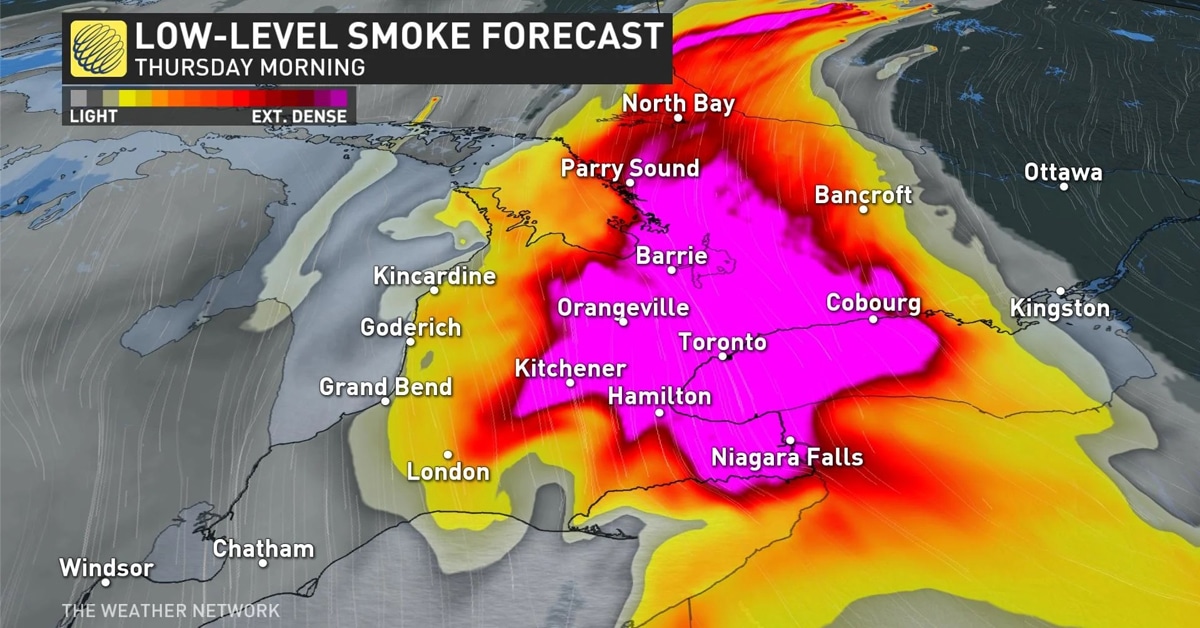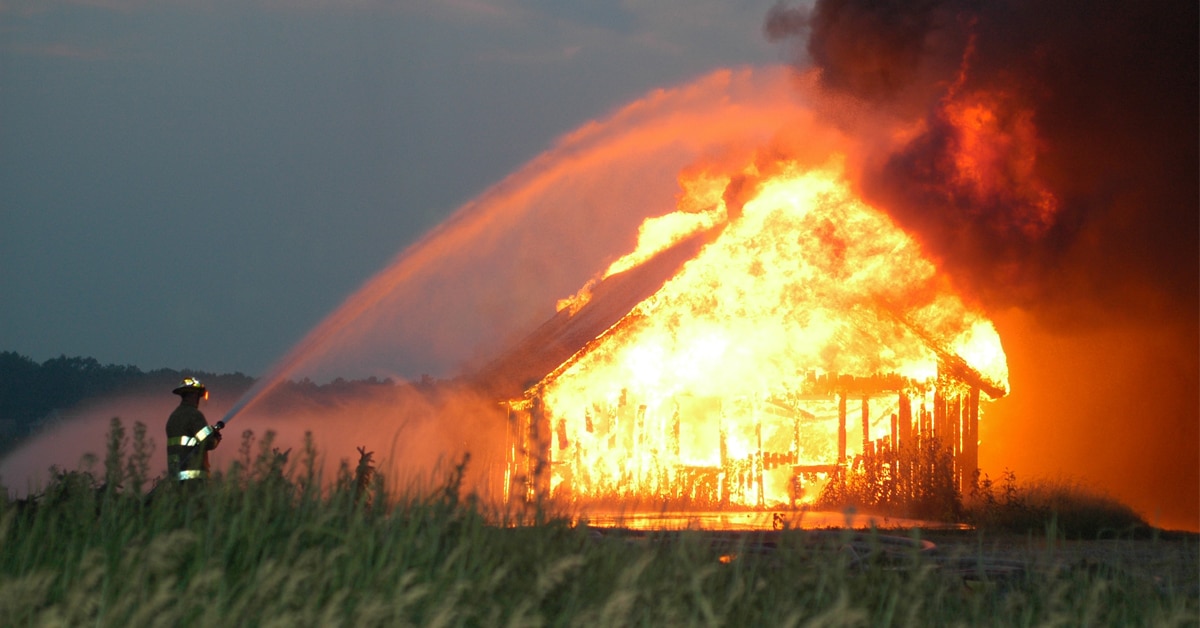Waiting until the wildfire approaches dangerously close is no time to draw up a disaster preparedness plan. Learning the hazards of storing hay is too late after the barn is reduced to ashes and all is lost. It is not a scenario that one fathoms will ever happen to them, until it does.
Equine Guelph’s October healthcare tool of the month is the free, interactive Barn Fire Prevention tool. This is a great place to start before signing up for the invaluable HorsePortal.ca Fire & Emergency Preparedness one-week short online course set to begin Oct 5, 2020.
Returning expert guest speaker Rebecca Gimenez-Husted will be available all week to provide insight and answer all your burning questions. Gimenez has travelled the world providing training in Technical Large Animal Rescue Techniques and has published numerous critiques, techniques and journal articles on the topic. Rebecca edited the only textbook available to the fire service and veterinarians on technical rescue of large animals.
As a volunteer firefighter in Gray, GA, Rebecca is doing R&D work with University of Edinburgh (UK), EKU (KY) and several veterinary schools. A past Logistics Officer for FEMA’s Veterinary Medical Assistance Team (VMAT -2), decorated combat veteran and a Major in the US Army Reserves (retired); Rebecca offers a wealth of information and is active in various organizations related to disaster preparedness.
In one of the many videos included in the Fire & Emergency Preparedness course Gimenez answers if horses really will run back into a burning building.
Will horses run back into a burning barn? – Rebecca Gimenez-Husted, PhD
The Fire & Emergency Preparedness course has a strong focus on prevention but also contains an abundance of information that can ensures if the unthinkable happens you are in a position to do everything to improve the odds of a successful outcome.
Fire fighter Riley McGilloway of Halton Hills Fire Department describes how even the smallest details like location of feed tubs and buckets can improve your barns fire safety.
Location of feed tubs and buckets – Barn Fire Safety Tips:
“This course was eye-opening and very informative. I learned about the realities of barn fire detection and response, and the importance of doing due diligence in planning and prevention. The best way to deal with a barn fire is to prevent it from occurring in the first place, and this course provides a wealth of information that will help you to accomplish the goal of a fire-safe facility. Every horse owner can do something to make their horse’s space safer. Every horse owner/enthusiast can benefit from the information in this course.” ~ Cathy Vogelweid, DVM (Columbia, Missouri, USA)
For more information on Fire & Emergency Preparedness visit Equine Guelph’s Barn Fire Prevention Tool and sign up for the one week online short course, Oct 5 – 13 at TheHorsePortal.ca
More from Health:
